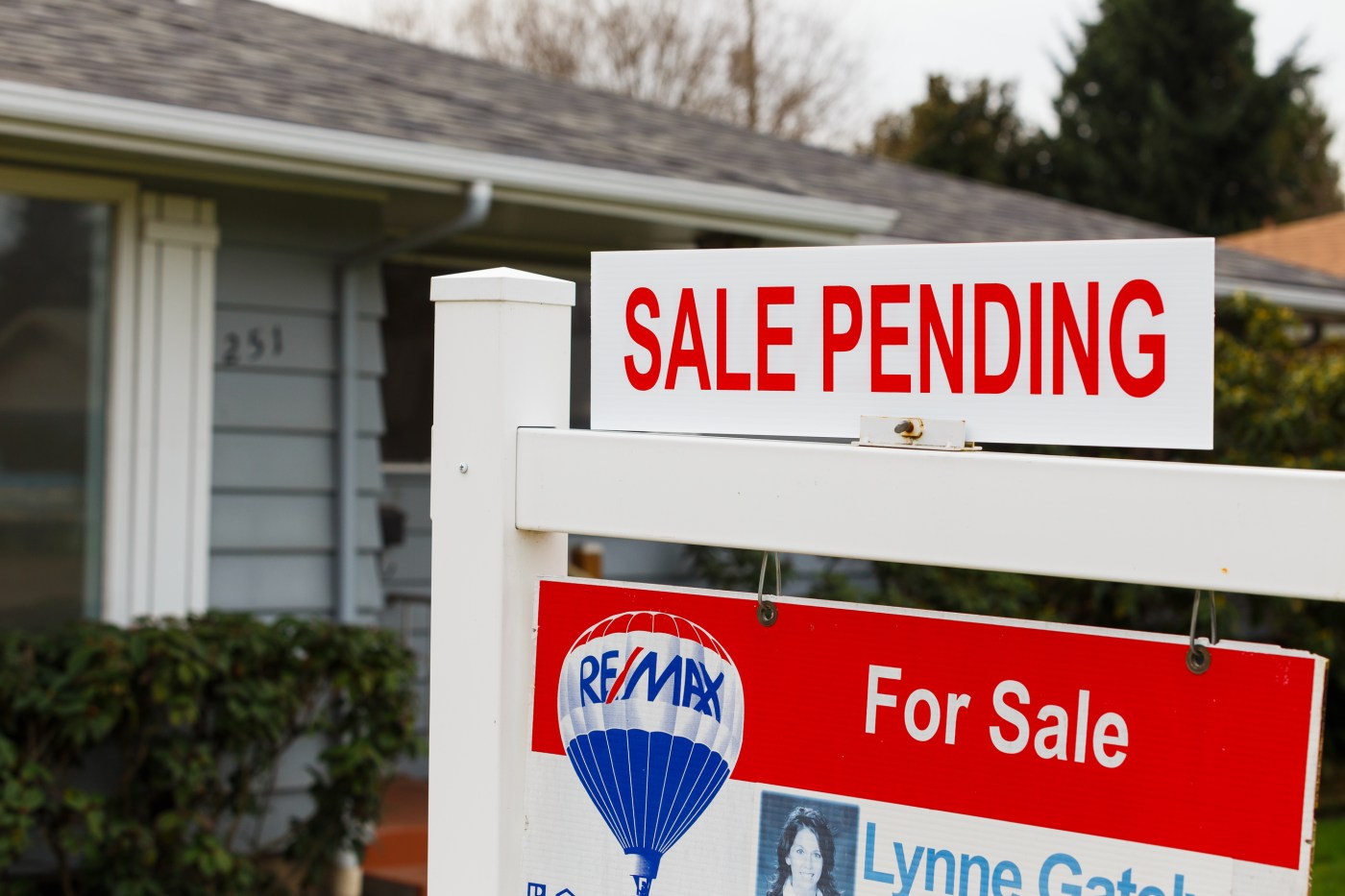
Investors buying up homes in Massachusetts at red-hot pace: report
An investor purchased one in every five homes sold between 2004 and 2018 across Greater Boston, a recent finding that housing advocates say is not surprising and one that confirms what they’ve seen anecdotally in their communities over the past decade.
The Metropolitan Area Planning Council released a report this week, dubbed “Homes for Profit: Speculation and Investment in Greater Boston,” showing that investors accounted for 21% of total home sales in the region during the period.
Roughly 87% of the transactions involved single-family homes and condominiums, with investor activity increasing from 16% of purchases in 2004 to 23% in 2018, the report found.
The number of housing units being flipped over in less than two years came as a surprise to MAPC Executive Director Marc Draisen. Researchers found that large and institutional investors flipped nearly a quarter of single-family homes and a fifth of two-family homes that they purchased, compared to rates of just 8 and 9%, respectively, for non-investor buyers.
“The high value of housing treated as a commodity in a period of shortage attracts investors to the housing market in a way that is not always in the best interests of those homes, the people who live there and their renters,” Draisen said during a Thursday forum.
“A lot of the money that is being made from this process,” he continued, “stems from the fact that we have a shortage of housing that has occurred in large part because of government action … to intentionally constrain the development of housing and the development of affordable housing.”
Researchers defined four types of investors: count investors who purchased more than three residential properties within any five-year window during the study; those who made a purchase through an LLC; building investors who purchased four or more units; and value investors, who spent at least $3.45 million, or $150,000 annually, on properties.
Investors are scoring big with single-family properties as they’ve seen resale prices at a median of 55 to 85% than they originally paid for, the research found, compared to 12 to 25% for non-investors.
Lower-income neighborhoods of color, such as Roxbury, Dorchester and Mattapan, are being most affected by housing speculation, said Jessie Partridge Guerrero, interim director of data services for MAPC.
“The damage of speculation by investors in Boston’s working class, BIPOC and immigrant communities can’t be solved by only building more housing while we need more truly affordable housing … We are calling on legislators to immediately enact strong protections,” said Katie McCann, rent control organizer for City Life/Vida Urbana.
The Healey administration last month released a $4 billion bond bill aimed at spurring housing production and boosting affordable home ownership in a state starved for inexpensive options.
Gov. Maura Healey proposed a real estate transaction fee of 0.5% to 2% on the portion of a property sale over $1 million, or the county median home sale price, with the revenue generated from the fee directed to affordable housing development. The bill also includes $425 million directed to a housing stabilization and investment fund.
Challenges are being especially felt in Chinatown, said Angie Liou, executive director of the Asian Community Development Corp, an affordable housing nonprofit.
Liou said she’s seen Chinatown become heavily gentrified, as investors flip over row houses and smaller buildings, while large luxury housing developments are being constructed. Neighborhood properties are seen as “prime real estate” due to their close proximity to the Financial District and Downtown, she said.
“The pace of our construction can’t catch up to the pace of displacement and gentrification,” Liou said. “It is very difficult for us in Chinatown when we continue to lose privately-owned buildings to investors and speculators.”


